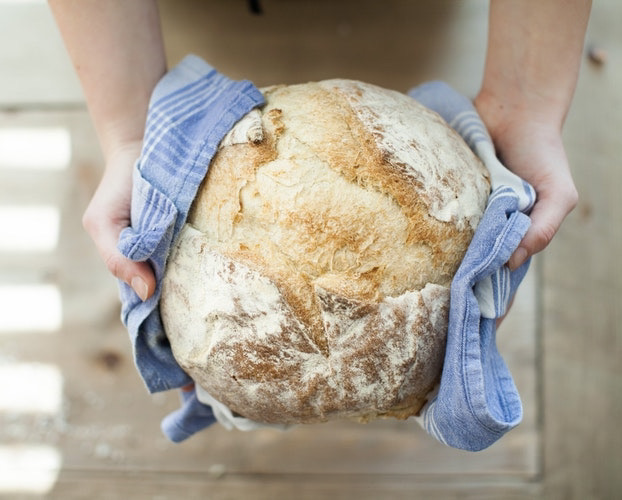The Science Behind Yeast: A Vital Ingredient in Baking

Yeast is a tiny microorganism, but it plays a massive role in the baking process. Often called the "engine" behind breadmaking, yeast ferments sugars in the dough, producing carbon dioxide and alcohol, which cause the dough to rise and develop its unique flavor. This natural fermentation process also improves the texture and aroma of the final product.
There are different types of yeast—like instant, active dry, and wild yeast (used in sourdough). Each type works slightly differently but all share the same goal: transforming your dough into a light, airy, and flavorful loaf. Beyond giving rise to bread, yeast is packed with nutrients like B vitamins and minerals, which contribute to both the healthfulness and taste of your baked goods.
In home baking, fully activating yeast is crucial for achieving that perfect balance of structure and flavor. Proper fermentation helps break down complex carbohydrates into simpler sugars, making the bread not only more digestible but also more flavorful.
At D’BakerAid, we take the power of yeast seriously. Our science-driven fermentation and proofing systems ensure that yeast works at its optimal level, making your dough healthier and better with every bake. By carefully managing temperature and timing, D’BakerAid helps yeast do its best work, producing bread that’s light, nutritious, and full of flavor.
*Is Yeast Healthy for Me?
Yes, yeast is healthy! It’s rich in B vitamins (like B1, B2, and B6) and minerals that support energy metabolism and overall well-being. In the case of sourdough, yeast also interacts with lactic acid bacteria to further improve digestion by breaking down gluten and other complex sugars, making the bread more digestible.
*Why Should I Not Skip Yeast Fermentation?
Yeast fermentation is essential for two reasons:
- Digestibility: Proper fermentation helps break down complex carbohydrates, making the bread easier to digest.
- Flavor and Texture: Skipping fermentation results in a dough that lacks depth of flavor and a soft crumb. The slow rise during fermentation develops the bread’s signature taste and texture. While it's technically possible to add yeast directly to the flour (which is often done in recipes using instant yeast), you would miss out on these benefits. This shortcut can reduce flavor complexity and affect the dough’s structure, making the bread bland and dense.
By using D’BakerAid, you can easily achieve perfect fermentation with minimal effort. Its precise control over temperature and time ensures that yeast works at its full potential, allowing your dough to rise beautifully while enhancing its flavor and nutritional benefits. Whether you’re using instant, active dry, or fresh yeast, D’BakerAid supports all types with three specialized fermentation programs, helping yeast do its best work for a superior loaf every time.




